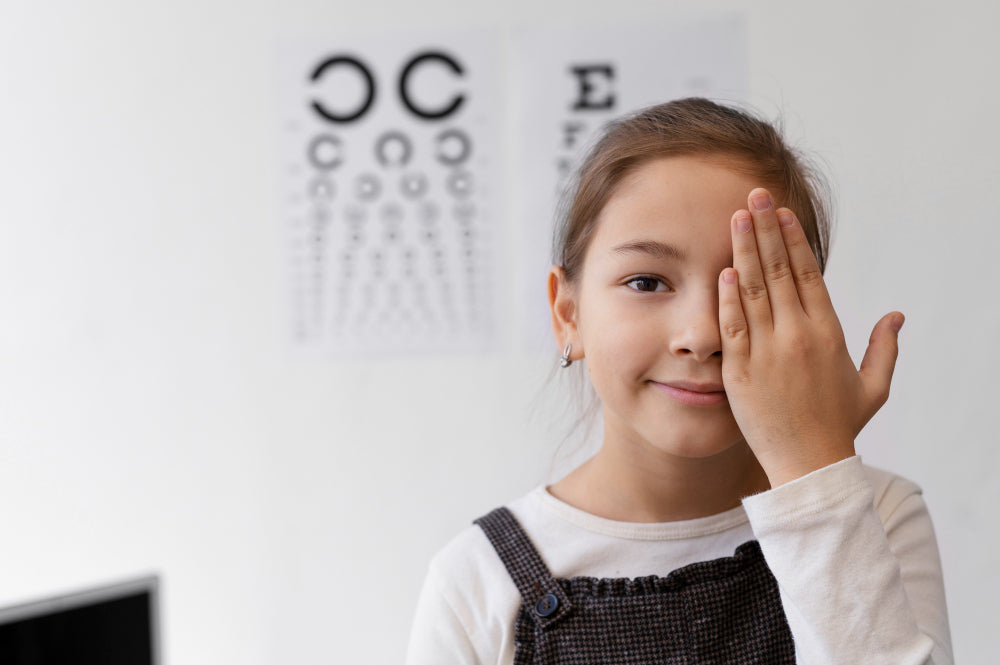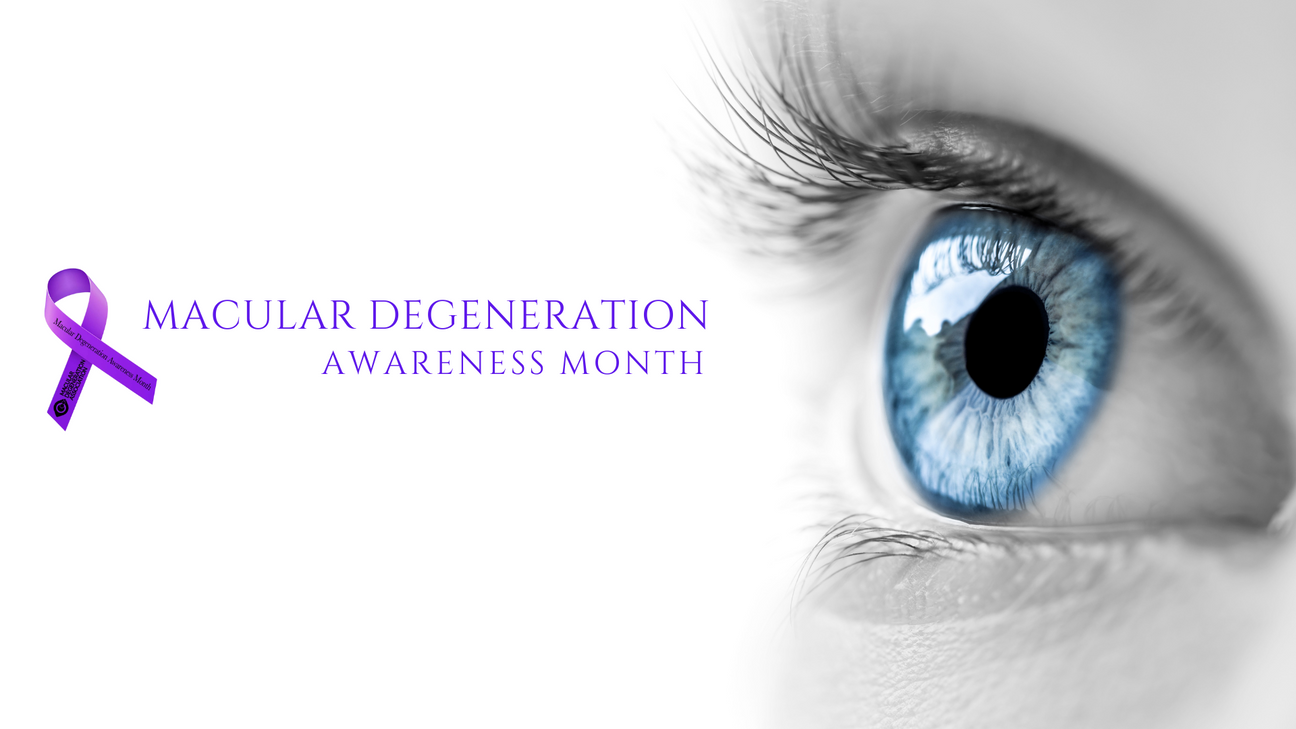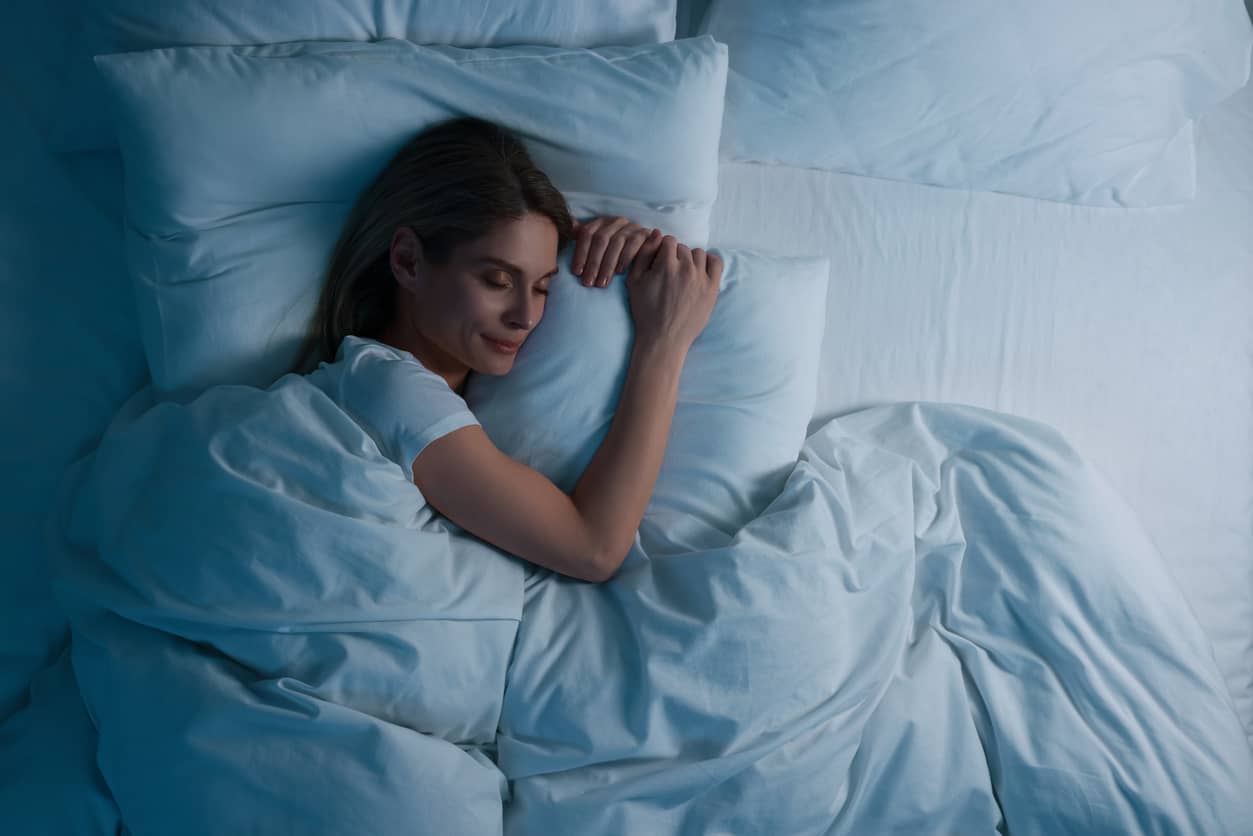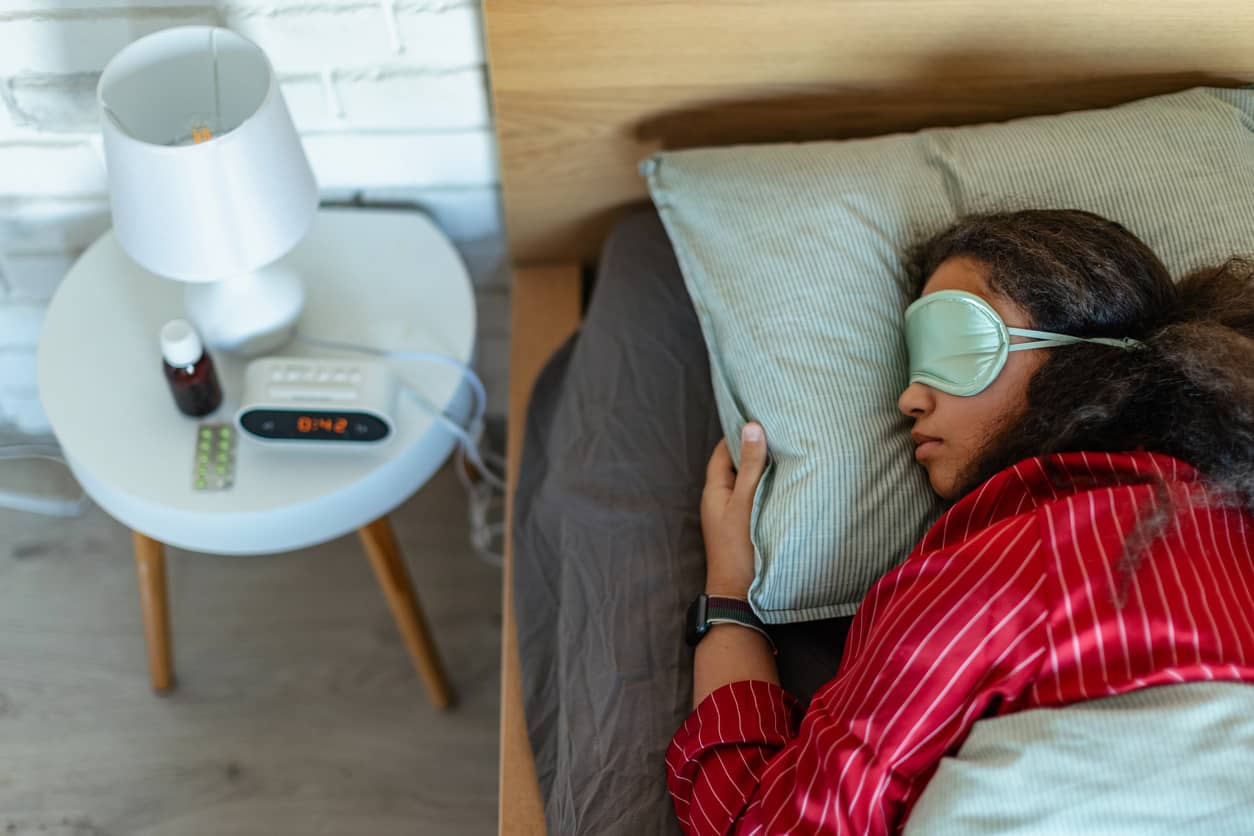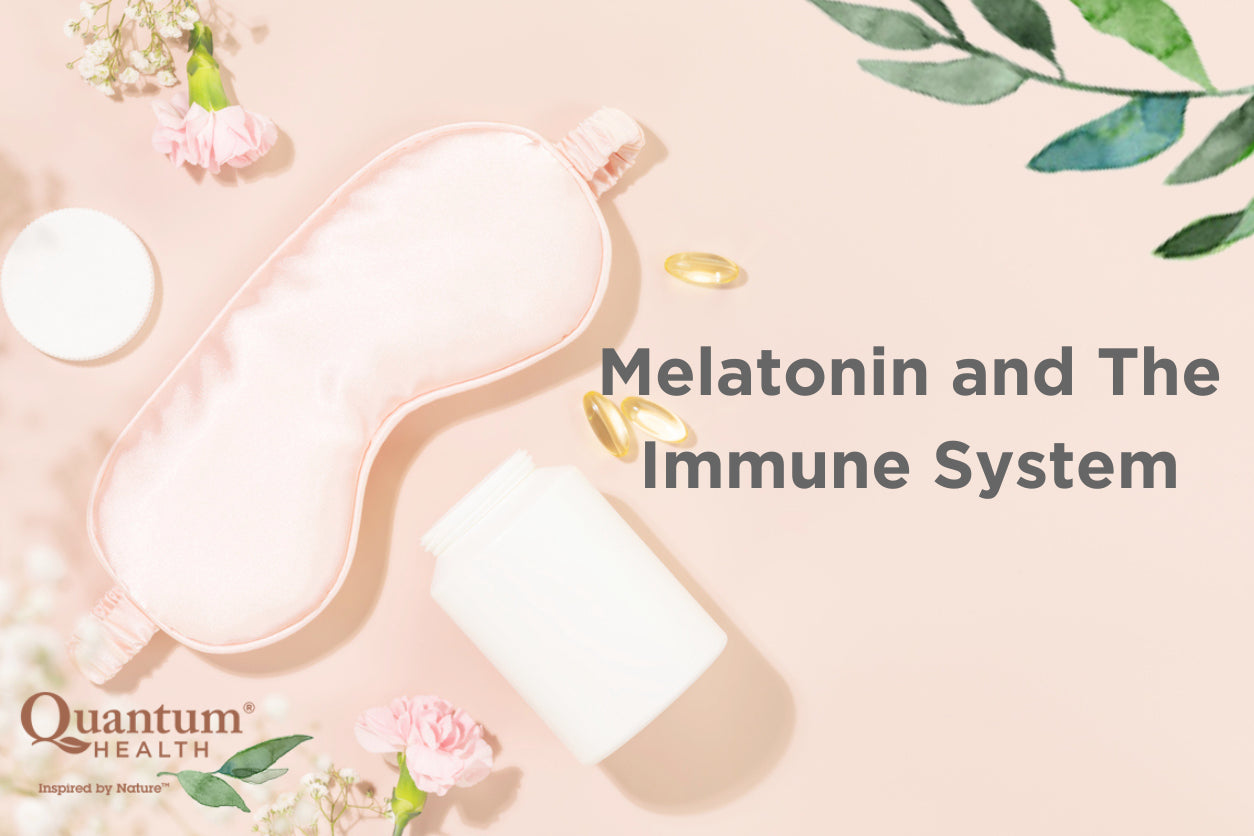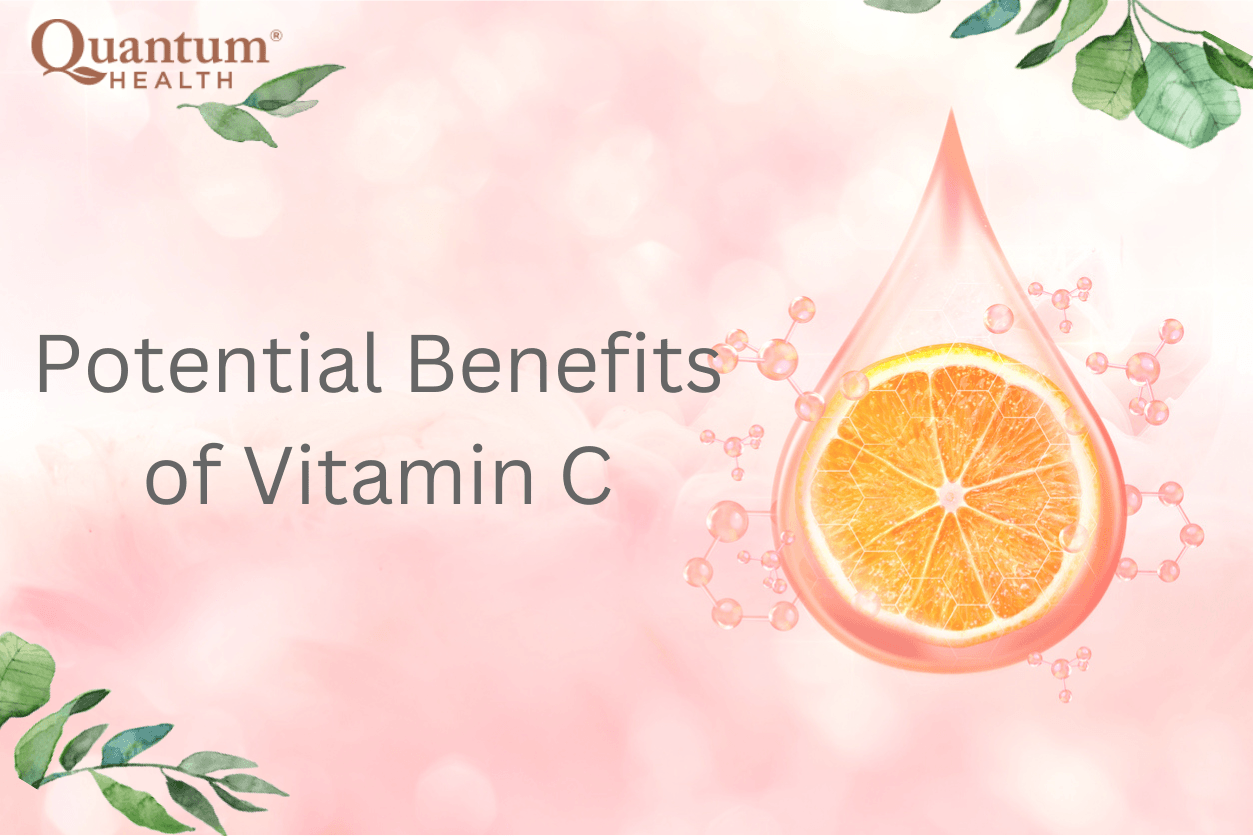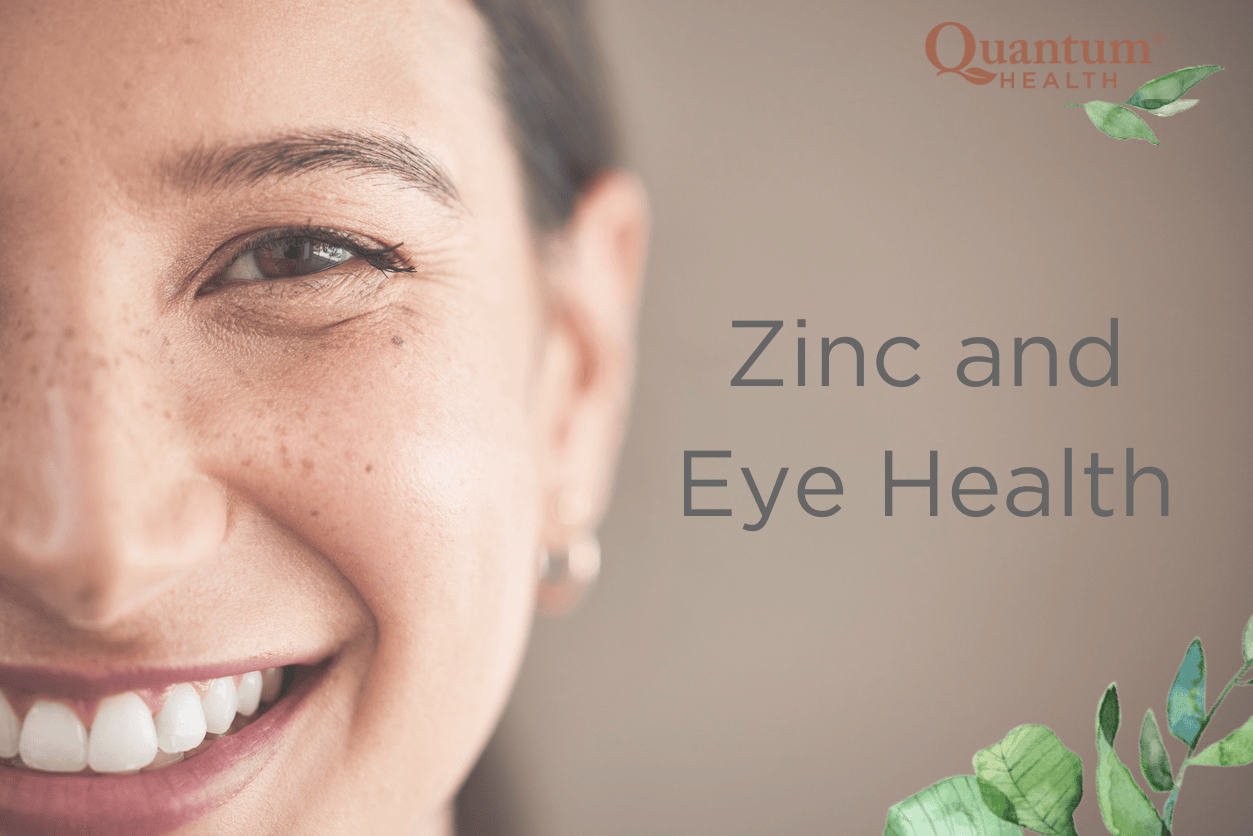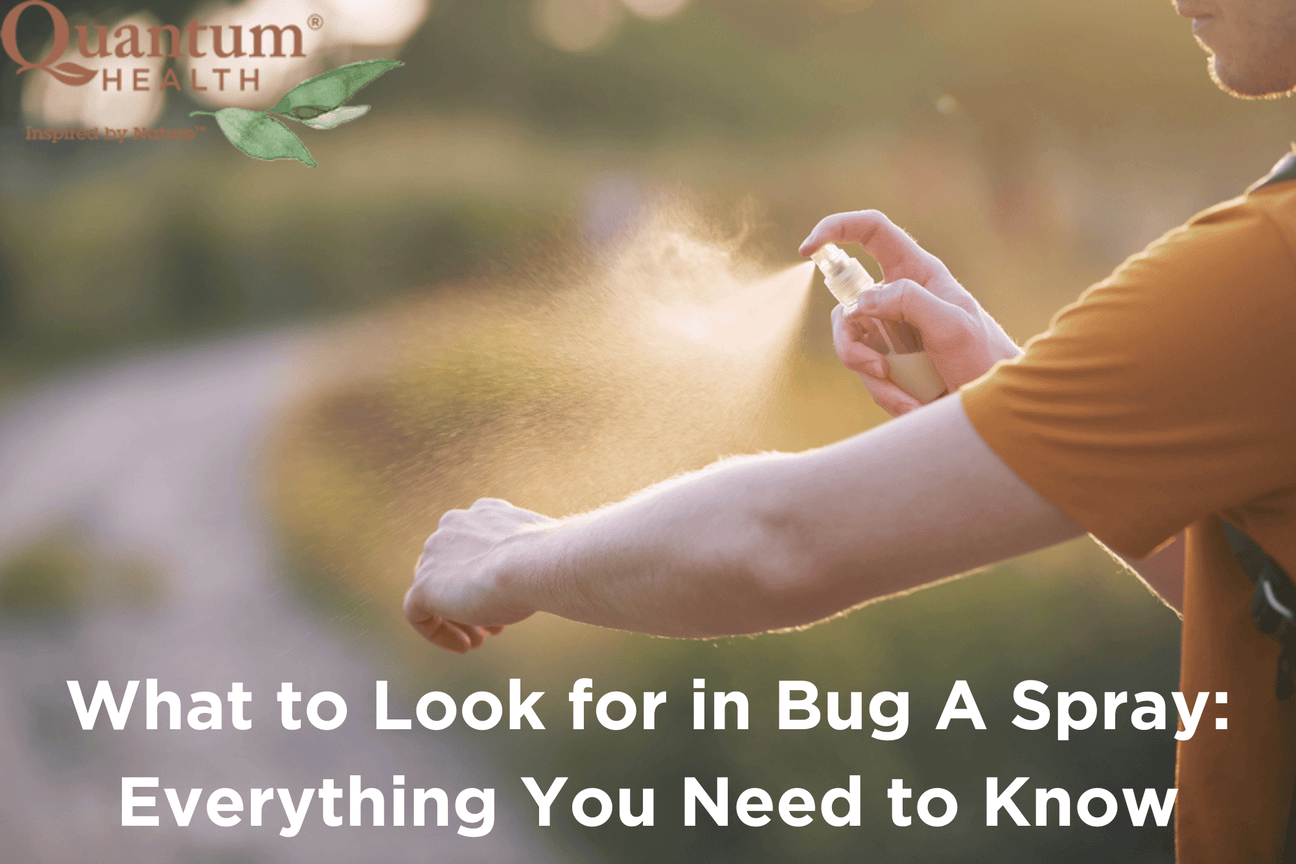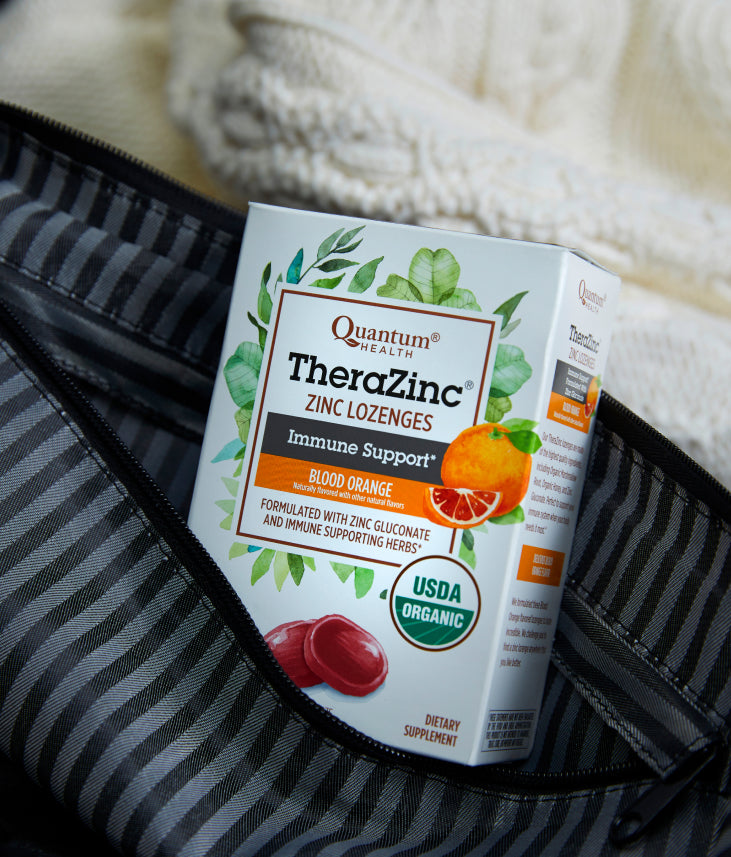Who Should Take Eye Vitamins and When Should You Start Taking Them?
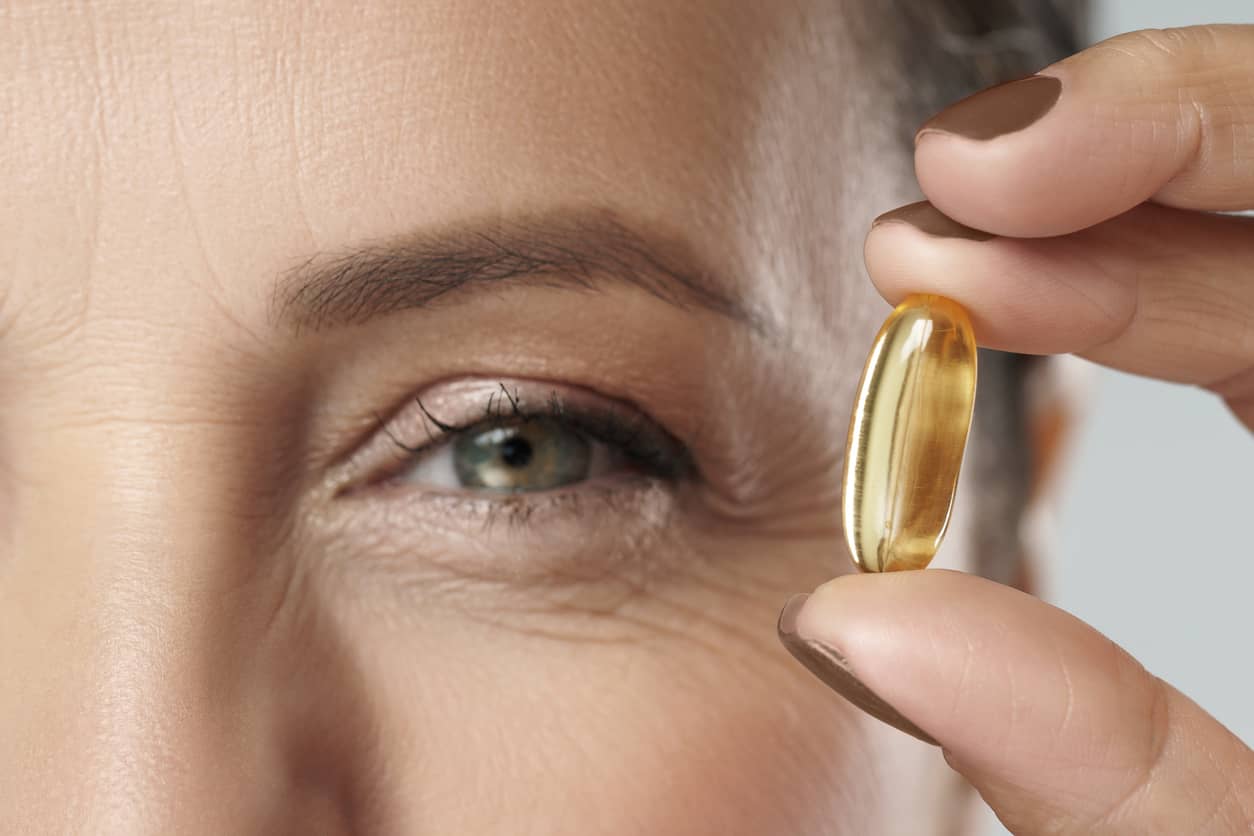
In the United States, approximately 12 million people 40 years and over have vision impairment. The Centers for Disease Control and Prevention estimate that 93 million American adults are at high risk for serious vision loss. However, only half visited an eye doctor over the last 12 months.
The two most common forms of vision loss are from:
- Age-related macular degeneration (AMD)
- Cataracts
What is age-related macular degeneration?
AMD is a common eye condition that affects the central (middle) part of your vision. As suggested, it tends to be related to age and most commonly appears in your 50s or 60s. It doesn't cause total blindness but can make activities of daily living more complicated.
The cause of AMD is unknown, and without treatment, it can get worse. If your vision worsens quickly over weeks/months - this is known as 'wet AMD.' If the worsening is slower over several years, this is known as 'dry AMD.'
Your eye doctor can treat wet AMD with eye injections or a type of light treatment. You cannot treat dry AMD, but vision aids can help you live with the condition more easily.
What are cataracts?
Age-related cataracts are where cloudy patches develop on the lens of your eye. These cloudy patches can grow over time, causing blurred vision and even blindness.
Most commonly, cataracts appear in both eyes, but not necessarily at the same time. They can affect any age group but are most common in older adults.
In the beginning, treatment is likely to be vision correction aids like eyeglasses. However, as cataracts worsen, the only treatment is surgery to replace the lens of the eye.
Supplementation to help prevent vision loss
No one chooses to suffer from vision loss. And, there are preventative measures you can take to help maintain your eye health, including:
- Having regular eye examinations as recommended
- Eating a healthy diet
- Being physically active
- Stopping smoking and reducing alcohol intake
- Taking eye health supplements
Some supplements are shown to help prevent vision loss. For people who are at risk of an eye condition or have already been diagnosed, research shows that supplements may help slow or prevent these conditions.
The Age-Related Eye Disease Study (AREDS) examined if the daily intake of specific vitamins and minerals could reduce the risk of cataracts and AMD. A follow-up study, AREDS2, continued the research adapting the vitamin and mineral formula used.
Results showed that the AREDS formulation of vitamins and minerals reduced the risk of advanced AMD by about 25% over five years. Adding lutein and zeaxanthin had a slight reduction in the risk of advanced AMD. And, if people had low levels of lutein and zeaxanthin in their diet, adding these to the original AREDS formulation helped lower their risk of advanced AMD and progression to cataract surgery.
Omega-3 fatty acids, especially DHA and EPA, are also recommended. DHA helps promote retinal development and repair.
About taking eye health supplements
Whether you decide to take eye supplements or not, it is still always best to eat a balanced diet. This is necessary for your overall health, not just your eye health. Dark green leafy vegetables are rich in the vitamins and minerals needed for good eye health.
If you have been diagnosed with AMD or cataracts, it could be a good time to speak to your eye doctor about whether an eye health supplement would be beneficial.
When deciding on an eye health supplement, Quantum Health offers a complete line of eye vitamins designed to support eye health. These eye formulations are based on up-to-date research formulas and provide the key ingredients in the right amounts.
If you decide to try an eye health supplement, speak with your doctor first. In particular, check with your doctor before taking any dietary supplement if you're pregnant, nursing, taking any other medications, or having any health issues. Be sure you're taking the dosage your doctor recommends.
Share
Your share can inspire countless others.












